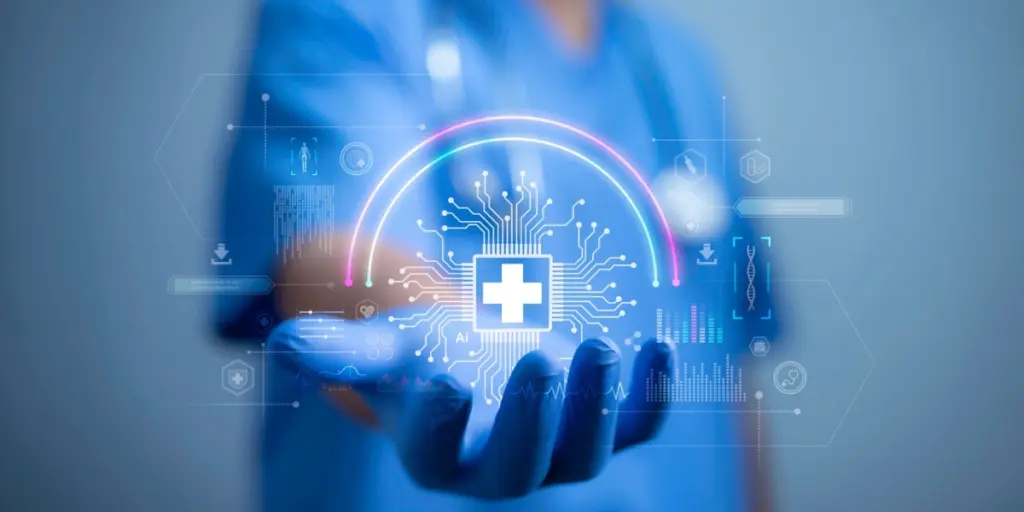A groundbreaking Disease Detection AI Tool now predicts over 1,000 diseases, offering a glimpse into health risks up to 10 years in advance. Developed by scientists from the European Molecular Biology Laboratory, German Cancer Research Center, and University of Copenhagen, this tool uses tech similar to large language models. Trained on massive datasets from the UK Biobank and Denmark’s registry, it analyzes medical histories and lifestyle factors. This innovation promises to transform healthcare by enabling early interventions, potentially saving millions of lives. Unveiled on September 18, 2025, it marks a leap toward personalized medicine.
Disease Detection AI Tool: How the Delphi-2M AI Tool Works?

The Delphi-2M model stands out for its ability to assess risks for numerous diseases at once. It delivers precise, percentage-based predictions, much like a weather forecast. Here’s what makes it unique:
- Massive Data Training: Uses anonymized data from 400,000 UK Biobank participants and 1.9 million Danish patients.
- Broad Disease Coverage: Predicts risks for cancer, diabetes, heart disease, respiratory issues, and over 1,000 other conditions.
- Lifestyle Analysis: Factors in age, gender, weight, and habits like smoking to tailor predictions.
- Long-Term Forecasts: Estimates health risks up to a decade ahead with accuracy matching single-disease models.
- Actionable Insights: Offers specific recommendations beyond generic advice, like targeted steps for certain diseases.✅
Also Read: Top Voice Search Statistics: Speaking to the Future!
Thomas Fitzgerald, a research fellow, explained, “Our AI learns medical patterns to forecast health outcomes.” Ewan Birney, EMBL’s Acting Director, added that doctors will soon use it to highlight key risks and suggest preventive steps. Moritz Gerstung from the German Cancer Research Center called it a new way to understand health progression.
This Disease Detection AI Tool empowers doctors to act early, offering personalized care plans. Unlike other models, it predicts multiple diseases simultaneously, making it a game-changer. As generative AI advances, experts see it reshaping healthcare systems, anticipating needs, and improving outcomes. With recent breakthroughs like Harvard’s gene-drug AI model, the future of medicine looks brighter. Patients can expect smarter, proactive care in the coming years.
More News To Read: Holiday Discounts: Shoppers Face Fewer Deals
